July 7, 2020
The Importance of Curriculum Enhancements in a Child’s Education
Our last article listed 7 research based benefits of Curriculum Enhancement. We have explained them in detail below:
Boosting academic performance
The inclusion of societies into our extra-curricular programme means children can delve deeper into the academic subjects of English, Maths, Science and Humanities. Societies give students the opportunity to learn what they want in a way that brings these subjects to life. Students will have the opportunity to take charge, choosing to look at topics that interest them most. They may pose a question that they would like to answer, with support and direction from teachers. In doing so, they will be able to gain a deeper understanding of their chosen topic through research, projects, real life situations or models. This in turn gives knowledge and extends their confidence in these subjects.
Exposing them to new topics
After school programmes are a fantastic way for children to explore different subjects or skills that are not covered within the curriculum. If a child finds something they develop a passion for, whether it be playing chess or learning a musical instrument, this can help build confidence and self-esteem.
Improving social skills
Whether they are attending with existing friends, or building new friendships, extra-curricular activities nurture children’s social skills. When children attend trips or camps they have to rely on their peers for support and encouragement. They have opportunities to develop empathy, communication and team work skills- skills that will benefit them in their future education and occupations.
Creating happier and healthier children
As working days get longer for parents, these extra activities provided by schools can be a safe place for children to both continue to develop and grow, whilst allowing them to work off their excess energy, relax their minds, or to blow away any stress from the day without the need of televisions.
Developing decision-making skills
After school activities allow children to find out what their strengths are. Children are given an opportunity to decide what they do and do not enjoy spending their time doing. This can create an element of self-awareness. It is therefore important to have discussions and really listen to your child about what clubs and activities they want to take part in.
Giving confidence
Taking part in new activities with new people in an organised and productive environment helps to develop independence. Finding direction and purpose within a group or team can build confidence in children – this does not have to be a sports team, it can be as part of a choir, drama or study group.
The confidence a child can develop from going on an overnight camp or an international trip can stay with them into adulthood. School trips can help students develop a sense of autonomy. For many children going on a full camp experience when they are staying overnight, some for the first time, it can often create a sense of anxiety in the lead up especially with younger primary aged students however, as they climb back on the bus by the end of the camp, students often return home with a new sense of accomplishment and independence. As well as having built up resilience after overcoming their fears. The more children explore new situations and surroundings the more they will understand their own character.
Creating friendships with like-minded children
Extra-curricular activities can be a great place for meeting like-minded people and developing friendships with children who share the same passions. It is also a way of pupils mixing with children from other classes and year groups, widening their friendship groups.
What do Curriculum Enhancements look like in Term 3 during the Distance Learning Programme?
With Curriculum Enhancements being of such importance to our children, we continued to offer these as part of our distant learning programme. The children have been able to take part in virtual music recitals and talent shows, competitions in languages, sport, poetry and art to stretch and inspire them.
Children have continued to share their learning and acting skill through class assemblies shared with the school community, and our senior leadership continue to celebrate successes of children through virtual ‘Achievement Assemblies’ where children are recognised for all their hard work and awarded their house point badges. We have had a fantastic response to all the online curriculum enhancements.
Curriculum Enhancements Opportunities for the future
Term 3 has proven that our flexible and innovative approach to providing opportunities to enrich the curriculum and stimulate students has been extremely successful. Hence, we look forward to building on these successes and offering an even richer variety of Curriculum Enhancement opportunities to our students next academic year and beyond.
